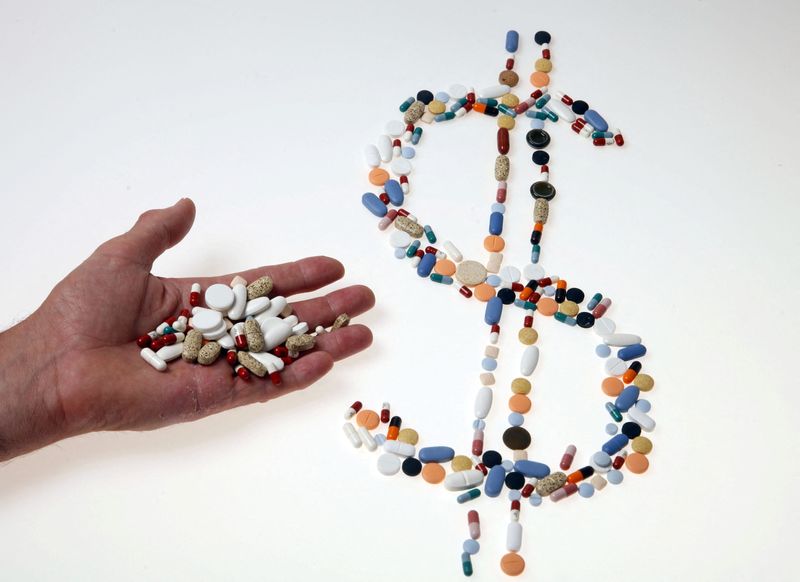Investing.com’s stocks of the week
WASHINGTON (Reuters) - The Biden administration said on Tuesday it has responded to offers from the manufacturers of 10 high-cost drugs selected for the U.S. Medicare program's first-ever pricing negotiations, but provided no details.
Part of 2022's Inflation Reduction Act allows Medicare to negotiate prices for prescription drugs that had been particularly expensive for the federal health program that covers millions of Americans aged 65 and older as well as the disabled.
The agency overseeing Medicare, the Centers for Medicare and Medicaid Services (CMS), picked the first 10 drugs for negotiation in August and sent its initial price offers in February. The companies involved had until March 1 to respond and all did so.
Each company can meet with CMS up to three times for further negotiations before a final price is announced on Aug. 1. The negotiated prices will come into effect in 2026.
Drugs made by Bristol Myers (NYSE:BMY) Squibb, Pfizer (NYSE:PFE), Merck & Co, Johnson & Johnson (NYSE:JNJ), AbbVie (NYSE:ABBV), Amgen (NASDAQ:AMGN), Boehringer Ingelheim, Eli Lilly (NYSE:LLY), and Novo Nordisk (NYSE:NVO) were selected for negotiation.
A federal judge in Delaware on March 1 rejected AstraZeneca (NASDAQ:AZN)'s lawsuit looking to block price negotiations, marking the third time the Biden administration's program has survived a court challenge.
